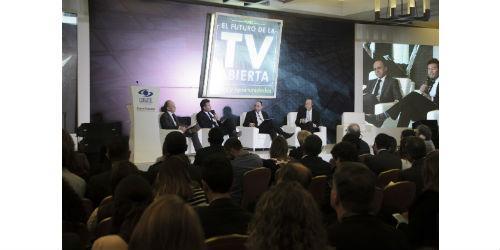 Colombia. Convened by Semana magazine, in partnership with the Caracol Channel, the attendees of the event listened to the different positions presented by the exhibitors on perspectives for television in Colombia.
Colombia. Convened by Semana magazine, in partnership with the Caracol Channel, the attendees of the event listened to the different positions presented by the exhibitors on perspectives for television in Colombia.
Installed by the director of the magazine, Alejandro Santos, the discussion began with the presentation of David Luna Sánchez, ICT Minister, who made a summary of the world panorama in terms of consumption of audiovisual content, illustrating his exhibition with figures on the mass transit to live broadcast formats in social networks and the multiplicity of supports (computers, tablets, smartphones) that allow audiences to engage and generate their own content.
Similarly, Minister Luna stressed the new business models that arise from DTT for open television, because it allows segmenting consumer preferences into niche audiences. He stressed that all this is an opportunity for the production of high definition content, which can be done semi live or in real time, in addition to the advantages offered by Big Data, which is part of the support and serves for more accurate data analysis and for an assertive interaction in social networks. As he declared "there is open television for a while" and operators have to take advantage of the opportunities of DTT to develop business, culture and education.
For his part, David Barret, former CEO of Hearst TV and board member of the same corporation, said that it is clear that Colombia has already internalized the need to transition to new models and celebrated the actions that the country has advanced in this regard. Quoting former President Tomas Jefferson, according to which "an educated citizen is a vital requirement for our survival as a nation," he stressed the importance of television in the formation of citizens. According to Barret, regardless of the support, the migration to another technology, people are still worried about their community, about their neighbor and although they find everything they are looking for on the Internet, they still trust that the big media brands are creators, publishers and curators of information.
The panel "The importance of public and private television" was attended by Mr. Barret, the director of the ANTV, Ángela María Mora Soto, Omar Rincón, director of the Center for Studies in Journalism of the Universidad de los Andes, Dago García, vice president of production of Canal Caracol and María Elvira Arango, director of the program "Los informantes".
For the director of the ANTV the position of the entity is clear, as she said "public television is cultural identity and its function is to guarantee democracy and represent all the cultures that exist in our country", this regardless of the model you have to finance it or the difficulties it represents. For Barret, the financial limitations of public television are a reality and to the extent that it is left behind (in terms of technology and platform) the community will be left alone, without interlocutors to represent it.
For Omar Rincón, one of the great difficulties of public television is to have confused it with a classroom, that is, by limiting its contents according to education and culture, it was moving away from popular television. When thinking of television as a service to citizens, its function is to integrate the country, bring people closer together, adapting to their audience. According to him, it is important that public TV produces fiction, taking an example from the private in terms of entertainment production and the private, in turn, should copy from public the search for a better citizen.
Dago García said that, with the fragmentation and dispersion of discourses, a phenomenon typical of new technologies, the mechanisms used to define identity entered into crisis. "The space of integration that we need as a family, as a country, was left to open TV (watching such a program, on such a channel, at such a time) and it is their duty to understand that today consumers decide how content is built, through much more mechanism than before, and audience measurements are a thermometer of it."
The participants of the panel agreed that beyond which television is better, it must be clear that they are different, that they are not comparable, they have different problems and cannot compete with each other. They also agreed that quality and ratings are not necessarily comparable and that the financing model and the production of content on public television need to be rethought.
On the other hand, the panel on "The role of the State in the regulation of Colombian TV" that had the participation of Ernesto Orozco, member of the National Television Board, Juan Fernando Ujueta, secretary general of RCN television, Wade Hargrove corporate lawyer at Brooks Pierce LLC and Sadi Contreras as moderator, served as a stage to contrast the different points of view of the panelists, in terms of regulatory issues.
For the representative of RCN television, in the current legislation the asymmetry of loads with the operators of the closed TV is total, the loads as they are distributed today are unfair and added to the tax responsibilities they have as a company, make their operation as content generators very difficult. In addition, the obligations they have by law to cede spaces make them waste "airtime" and other operators do not have them.
Faced with the question of what will be the strategy of the new television policy to approach the new multiplatform reality?, the engineer Orozco, said that when the transmission barriers were opened, the television law fell short, because it did not contemplate the new business model. For him, the new policy must respond to a model of market regulation, where it is the same business that imposes the rules of the game, as he said "the maximization of the benefit for the consumer is only achieved by promoting competition and it is the market that should regulate or stop the entry of competitors and not a regulatory entity."
The panelists agreed that it is necessary to reorganize, debureaucratize and balance the burdens for all actors involved in the television service. They also agreed that it is imperative to modernize the television law, although it is not yet clear what the future of "Over The Top" services will be, as far as regulation is concerned.



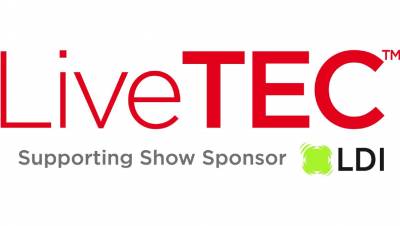

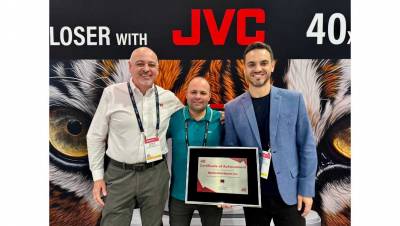





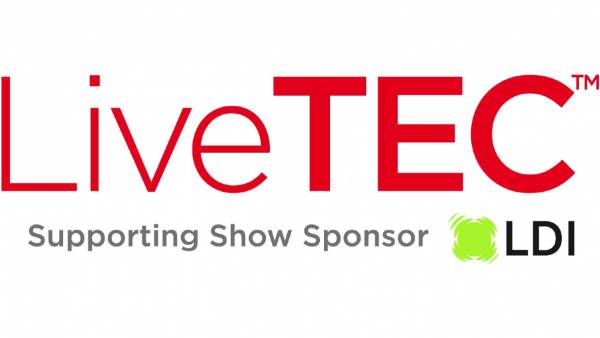
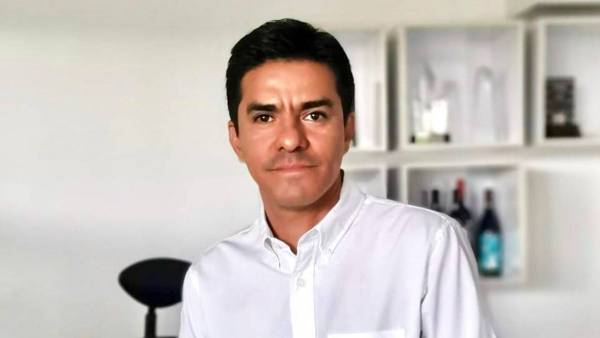

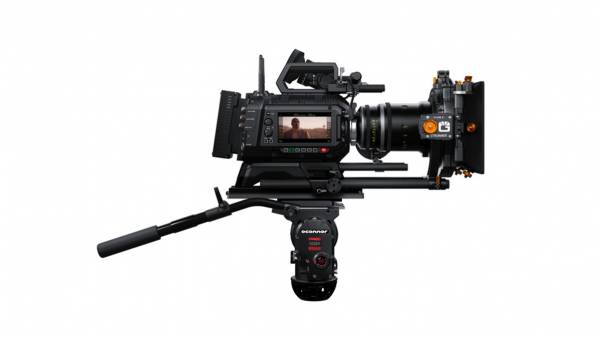









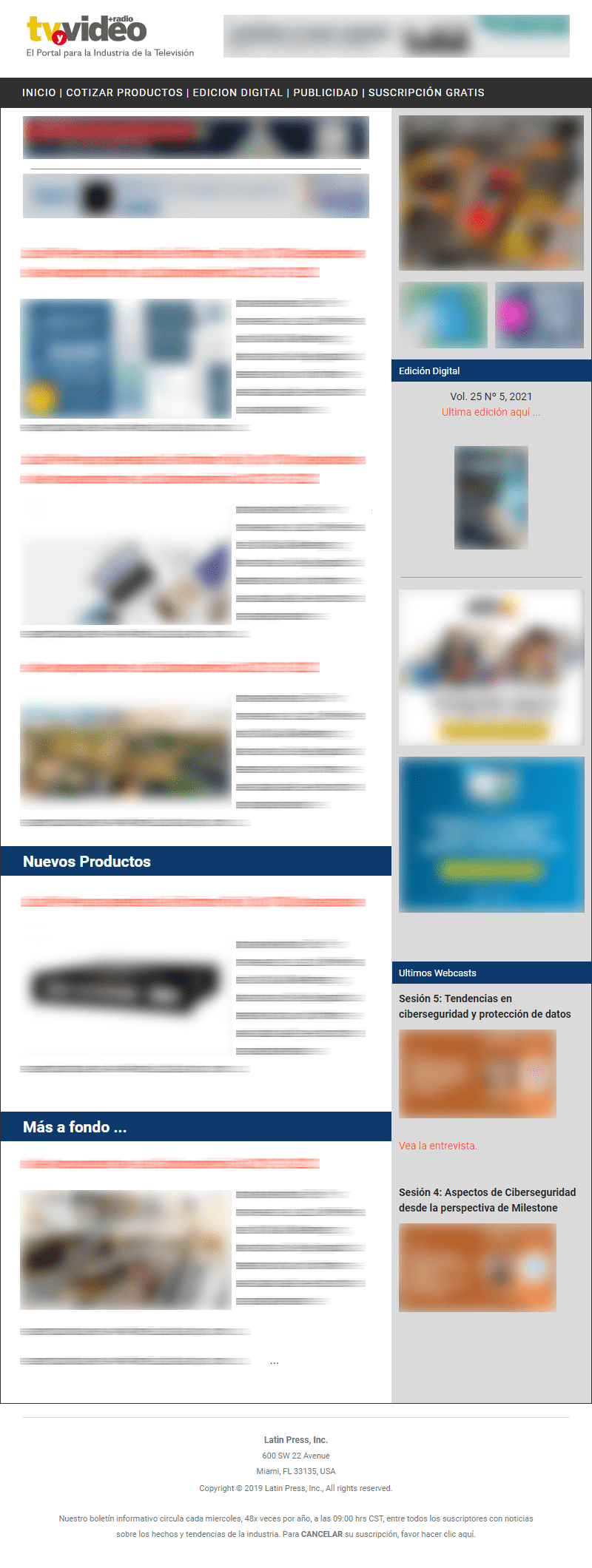
Leave your comment